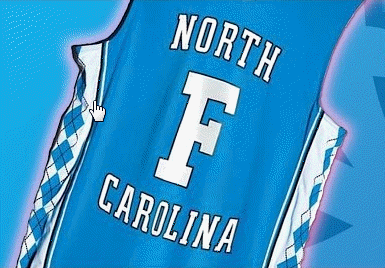Tonight the University of North Carolina will take on Gonzaga for the NCAA Division I men’s basketball championship. The Tarheels are favored to win. And speaking of favoritism, there’s been very little press about the UNC decades-long cheating scandal where hundreds of athletes (especially in the revenue-generating sports of basketball and football) took sham/non-existent classes to boost their GPAs and maintain their eligibility.
News of the scandal broke way back in 2011, thanks to Raleigh’s News & Observer newspaper, which reported that an incoming freshman football player had been enrolled in an upper-level African studies class and received a high grade. That transcript ultimately exposed 18 years of fake classes, most of them created by Deborah Crowder, a clerical employee in the African and Afro-American Studies Department. UNC’s internal investigation blamed Crowder and a “rogue professor,” Julius Nyang’oro, and claimed that no one on the athletic side (AD, coaches, tutors, athletic advisors, et al.) knew anything about it. Which just ain’t so. The latest NCAA allegations (which came out in December of last year) say UNC and the athletics department “leveraged the relationship with Crowder and Nyang’oro to obtain special arrangements for student-athletes in violation of extra-benefit legislation.”
“Many at-risk student-athletes, particularly in the sports of football and men’s basketball, used these courses for purposes of ensuring their continuing NCAA academic eligibility,” the notice said.




You done said…